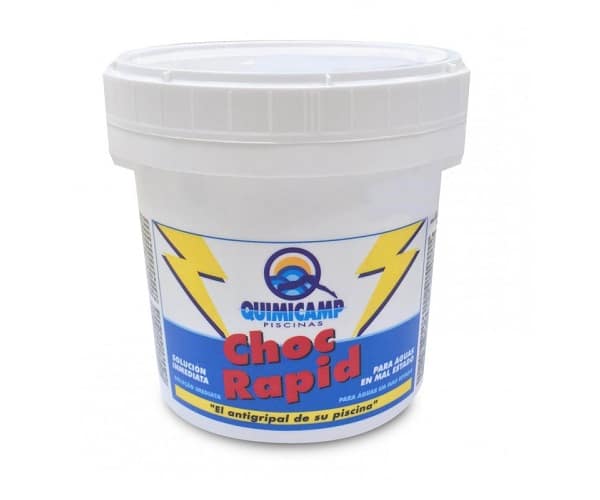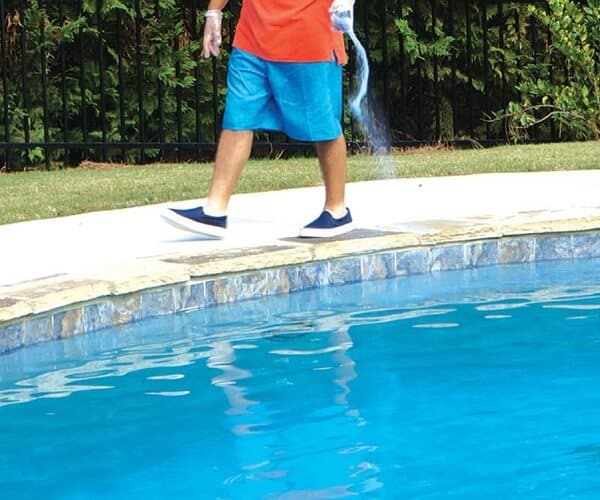
Table of contents of the page
Why does mold grow in the pool?

why mold appears on the walls
Mold can grow in swimming pools for several reasons, including high humidity, lack of ventilation, and poor water quality. Pool owners should take steps to prevent mold growth, such as ensuring adequate ventilation and using a good quality pool cover. If mold begins to grow in your pool, it is important to remove it immediately to avoid health problems.
Why does mold appear on pool walls?
Mold on pool walls is a common problem. It is often due to humidity and heat, which create ideal conditions for mold growth. Other factors that can cause mold on pool walls include:
- Excess chlorine in the pool
- lack of ventilation
- Bad cleaning
- little sunlight
How to avoid slamming in a pool
Avoid mold in a pool
There are a few things you can do to prevent algae buildup in your pool:
-Keep the pH levels of your pool water balanced. Algae thrive in alkaline conditions, so keeping the pH level in check will make it difficult for algae to grow.
-Use a pool cover. This will help keep out sunlight, which algae needs to grow.
-Discover your pool regularly. This will kill any algae already present and make it difficult for new algae to take root.
-Clean your filter regularly. A dirty filter can be a perfect breeding ground for algae.
By following these simple tips, you can keep your pool free of algae and enjoy a clean, refreshing swim all season long.

Types of mold in swimming pools
Types of mold in the pool
There are many types of mold that can grow in swimming pools and each type has its own set of characteristics.
- Some molds are more harmful than others, and some can even cause allergic reactions in people who are sensitive to them.
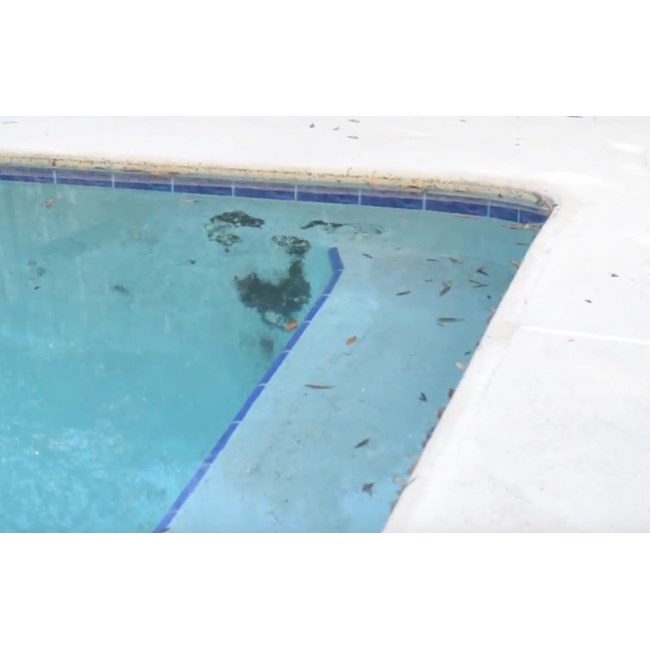
What are the types of mold in swimming pools?
Most common types of mold in sinks
Here's a look at some of the most common types of mold that can grow in swimming pools:
- Cladosporium: Cladosporium is a type of mold that is often found on wet or damp surfaces. It can be black, green, or brown in color and usually forms a powdery substance. This mold can cause respiratory problems in people who are exposed to it and can also trigger asthma attacks.
- Penicillium: Penicillium is another type of mold that is often found on damp surfaces. It can be white, blue or green in color and usually forms a powdery substance. This mold can cause respiratory problems in people who are exposed to it and can also trigger asthma attacks.
- Ascaris: Ascaris is a type of mold often found in soil and on plant leaves. It can be white, yellow or brown in color and usually forms a powdery substance. This mold can cause gastrointestinal problems in people who are exposed to it and can also cause allergic reactions in some people.
- Fusarium: Fusarium is a type of mold often found in soil and on plant leaves. It can be white, pink or red in color and usually forms a powdery substance. This mold can cause gastrointestinal problems in people who are exposed to it and can also cause allergic reactions in some people.
- Stachybotrys: Stachybotrys is a type of mold that is often found on wet or damp surfaces. It can be black or green in color and usually forms a viscous substance. This mold can cause respiratory problems in people who are exposed to it and can also trigger asthma attacks.
Types of mold in the pool that are most dangerous to health

Types of mold in the pool that are most dangerous to health and their effects
There are several different types of mold that can grow in swimming pools, and some of them are more dangerous to your health than others. Here are some of the most dangerous types of mold to look out for in your pool:
- Stachybotrys papers– This type of mold is also known as black mold and can release harmful toxins into the air. If you breathe in these toxins, they can cause serious respiratory problems, such as asthma and bronchitis.
- Aspergillus: This type of mold can cause serious respiratory infections, especially in people with weakened immune systems. It can also cause skin infections and ear infections.
- Cladosporium: This mold can cause skin infections, especially in people with weakened immune systems. It can also cause nail infections.
- Penicillium: This mold can cause respiratory infections, skin infections, and ear infections.
- Alternate: This mold can cause respiratory infections and skin infections.
Quickly clean the pool if you have mold

Cleaning the pool is very important when mold grows.
If you suspect mold is growing in your pool, it is important to have it professionally cleaned as soon as possible.
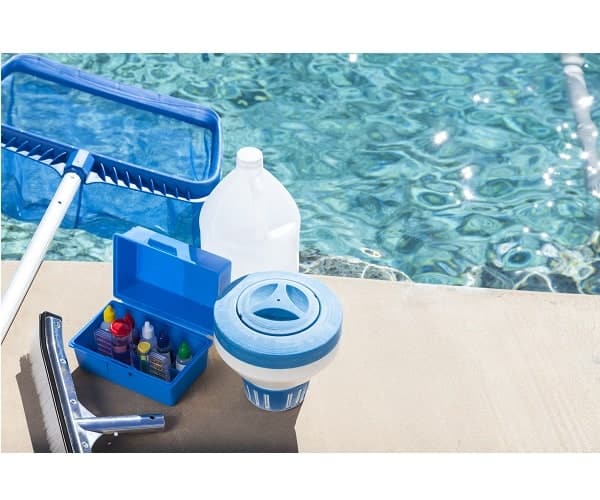
Useful guide to know how to clean the pool
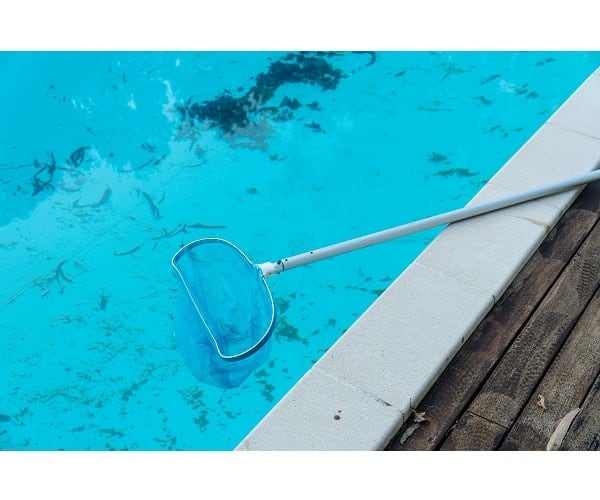
Guide to maintaining a pool with water in perfect condition
Remove Mold from Pool with Chlorine Shock Treatment
In some cases, mold can be removed with a simple bleach treatment.
- However, in other cases, mold may be more stubborn and require more thorough cleaning. Either way, it's best to err on the side of caution and have your pool professionally cleaned if you suspect mold is present: Contact Ok Pool Reform.

